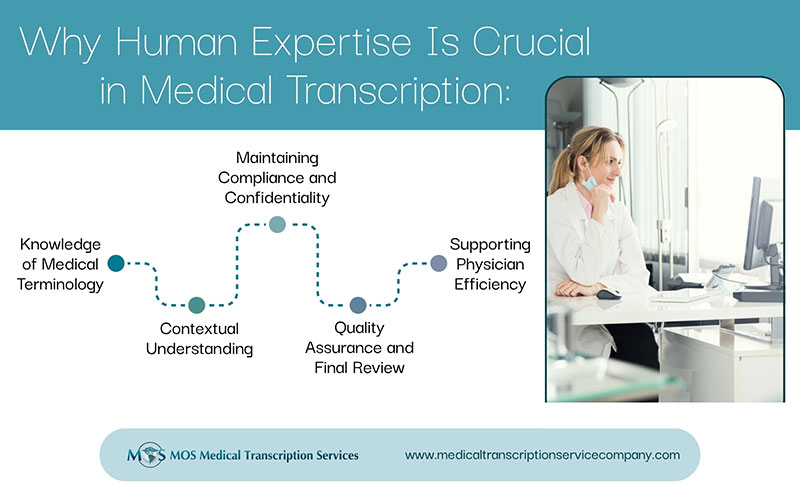 When it comes to diabetes care, primary care settings can incorporate lifestyle counseling that focuses on helping people having diabetes adopt healthier eating habits and increase their physical activity. Many studies have proved that lifestyle counseling interventions can lower blood glucose and blood pressure in diabetes patients. However, narrative notes prepared by the providers serve as the primary source of information on whether lifestyle counseling was provided. As more family practice physicians are adopting electronic medical records (EMRs), let’s see how electronic lifestyle counseling documentation including transcripts of relevant recordings prepared via medical transcription can improve diabetes care.
When it comes to diabetes care, primary care settings can incorporate lifestyle counseling that focuses on helping people having diabetes adopt healthier eating habits and increase their physical activity. Many studies have proved that lifestyle counseling interventions can lower blood glucose and blood pressure in diabetes patients. However, narrative notes prepared by the providers serve as the primary source of information on whether lifestyle counseling was provided. As more family practice physicians are adopting electronic medical records (EMRs), let’s see how electronic lifestyle counseling documentation including transcripts of relevant recordings prepared via medical transcription can improve diabetes care.
According to a 2015 study published in Diabetes Care, the journal of the American Diabetes Association, electronically documented notes on lifestyle counseling helps improve glycemic control in patients with diabetes. The study revealed that patients whose providers prepared electronic documentation of lifestyle counseling sessions had lower median time to reach A1C targets. The researchers studied 10,870 hyperglycemic (HbA1c ≥ 7.0% [53 mmol/mol]) adults having diabetes followed at primary care practices between 2000 and 2010. While comparing the patients in the highest versus lowest tertile by documentation heterogeneity and documentation intensity, median time to reach HbA1c <7.0% (53 mmol/mol) was 26 vs. 39 months and 24 vs. 39 months, respectively. The study concluded that the higher heterogeneity and intensity of lifestyle counseling documentation in electronically documented notes were associated with better glycemic control.
Though we can say electronic documentation of lifestyle counseling can enhance diabetes care based on this study, it is very important to consider the copy-paste issue. Many primary care physicians copy the content from older lifestyle counseling documents to save time. However, frequent copying and pasting of information can lead to errors in documentation and the entire EMR documentation will remain ineffective for diabetes care. A 2011 study published in JAMA journal revealed that unlike original electronic documents, copied documentation of lifestyle counseling was not associated with improved glucose control.
So, what can be done to quell the concerns regarding inappropriate copying and pasting information between electronic documents? A combined approach of EMR and accurate family practice transcription would be a better option for family practice physicians. They can record the lifestyle counseling sessions and transcribe them with the help of skilled and experienced transcriptionists and the transcribed data can be reviewed with the help of proofreaders and editors. The reviewed data can then be populated into corresponding EMR fields through discrete reportable transcription (DRT) technology. In this way, you can ensure the accuracy of electronic lifestyle counseling documentation and make significant improvements in diabetes care.


